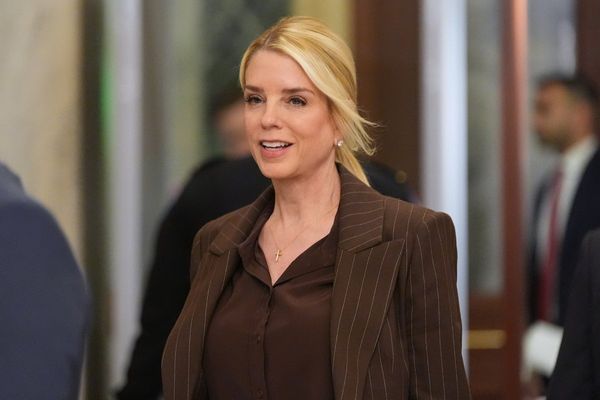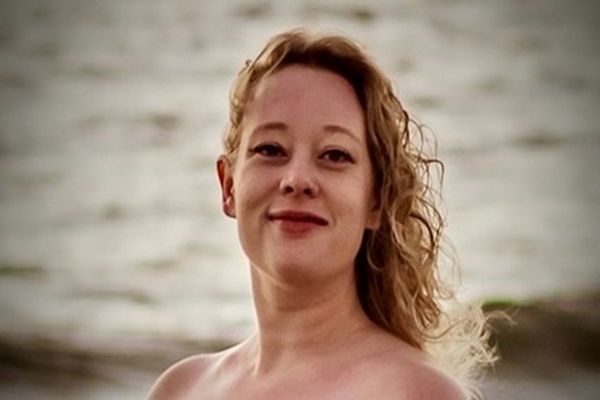More than $45 million has been allocated in Tuesday's budget for repairs to sites managed by the Sydney Harbour Federation Trust, with about half for Cockatoo Island.
Layered with Indigenous, convict and industrial heritage, the harbour's largest island — and world heritage site — is becoming run-down, with an increasing number of areas shut for safety.
Now the federal government is stumping up cash to tackle the "critical backlog" of maintenance work needed to preserve the tourist attraction.
Also called Wareamah, the island was a meeting place for Indigenous clans long before the British arrived.
"It was in use for tens of thousands of years by the First Nations communities who lived around the harbour," the Harbour Trust's executive director Janet Carding said.
In the 19th century, Cockatoo Island operated as a penal establishment.
Convicts quarried sandstone and built the barracks that still stand on the island's plateau.
They also built the southern hemisphere's first dry dock, which took them 10 years to dig.
It was the shipbuilding industry that transformed the island the most.
During both world wars, it was used to repair and build ships.
Industry continued until the early 1990s, and the refit of a submarine was the last project.
Three decades after the dockyards closed, the rusty remnants are a photographer's paradise.
But years of neglect are catching up with the island, with cliffs crumbling and wharves rotting.
A tunnel is among sections fenced off because of safety concerns.
Environment and Water Minister Tanya Plibersek said the funding was overdue and repairs needed to be made before it was too late.
"The heritage on Sydney Harbour belongs to all Australians," Ms Plibersek said.
"What we've seen is that history, that heritage, literally slipping into the harbour.
"This spending is absolutely vital. We have to protect it now, it won't be there in 10 years' time to protect."
Ms Carding said the Fitzroy dock, the only convict-built dry dock surviving in Australia, needed maintenance urgently.
"[It] is one of the primary reasons why this island was designated a UNESCO World Heritage site," she said.
"We'll be able to carry out those [maintenance] works over the next few months."
About 200,000 people visit the island each year, many of them school students learning about Australia's history.







